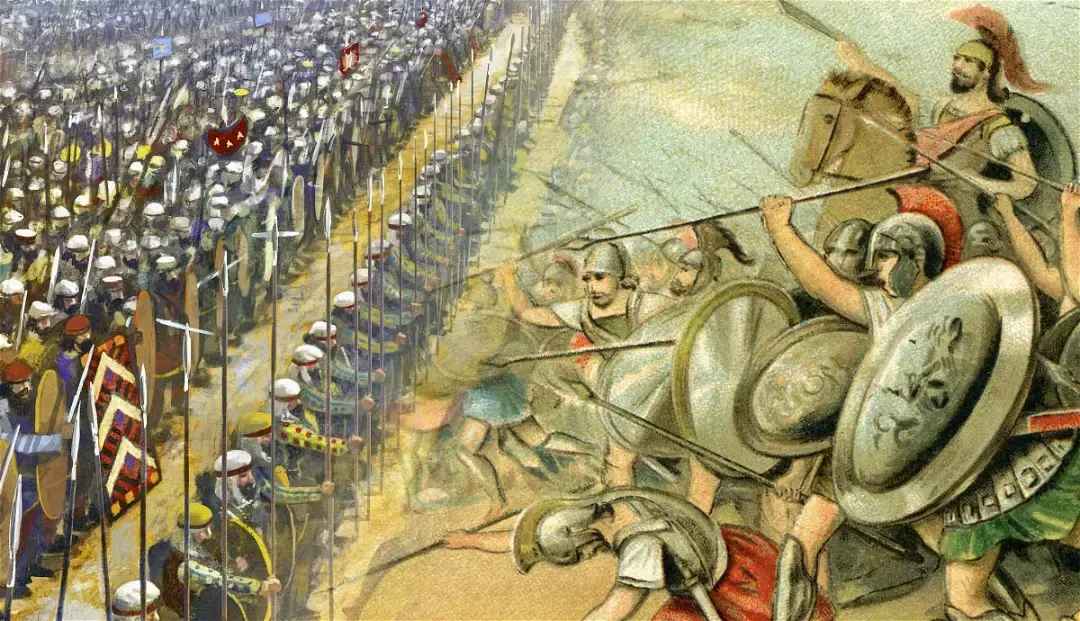The Persian Wars were a series of conflicts between the Achaemenid Empire and Greek city-states that started in 499 BC and lasted until 449 BC. The collision between the fractious political world of the Greeks and the enormous empire of the Persians began when Cyrus the Great conquered the Greek-inhabited region of Ionia in 547 BC. Struggling to control the independent-minded cities of Ionia, the Persians appointed tyrants to rule each of them. This would prove to be the source of much trouble for the Greeks and Persians alike.
Ionian Revolt
In 499 BC, the Ionian Greeks revolted against Persian rule. The Athenians and Eretrians came to the aid of the Ionians, but the revolt was ultimately crushed by the Persians in 493 BC. The Athenians' support for the Ionians enraged Darius I, the king of Persia, and he vowed to punish Athens.
First Persian Invasion
In 490 BC, Darius I sent a large army to invade Greece. The Athenians met the Persians at the Battle of Marathon, where they won a decisive victory. The Battle of Marathon is considered to be one of the most important battles in history, as it showed that the Greeks could defeat the Persians.
Second Persian Invasion
Ten years later, in 480 BC, Darius's son, Xerxes I, invaded Greece with a massive army. The Greeks put together a combined force, led by the Spartan king Leonidas I. Leonidas and his 300 Spartans held off the Persian army for three days at the Battle of Thermopylae, but they were eventually overwhelmed. The Persians then marched on Athens and destroyed the city.
Greek Victory
However, the Greeks were not defeated. They regrouped and defeated the Persian navy at the Battle of Salamis. This victory turned the tide of the war, and the following year, the Greeks defeated the Persian army at the Battle of Plataea. The Persian invasions of Greece had been defeated.
Aftermath
The Persian Wars had a profound impact on the development of ancient Greece. The Greeks' victory showed that they were capable of defending themselves against even the most powerful empire in the world. It also helped to unite the Greek city-states, and it led to a period of great cultural and intellectual flourishing in Greece.
The Persian Wars also had a significant impact on the development of Western civilization. The Greeks' victory over the Persians helped to ensure the survival of democracy and freedom in the Western world. It also paved the way for the rise of Alexander the Great, who would go on to conquer the Persian Empire and spread Greek culture throughout the world.
The Persian Wars were a pivotal moment in world history. They helped to shape the course of Western civilization and they continue to be studied and debated by historians today.

